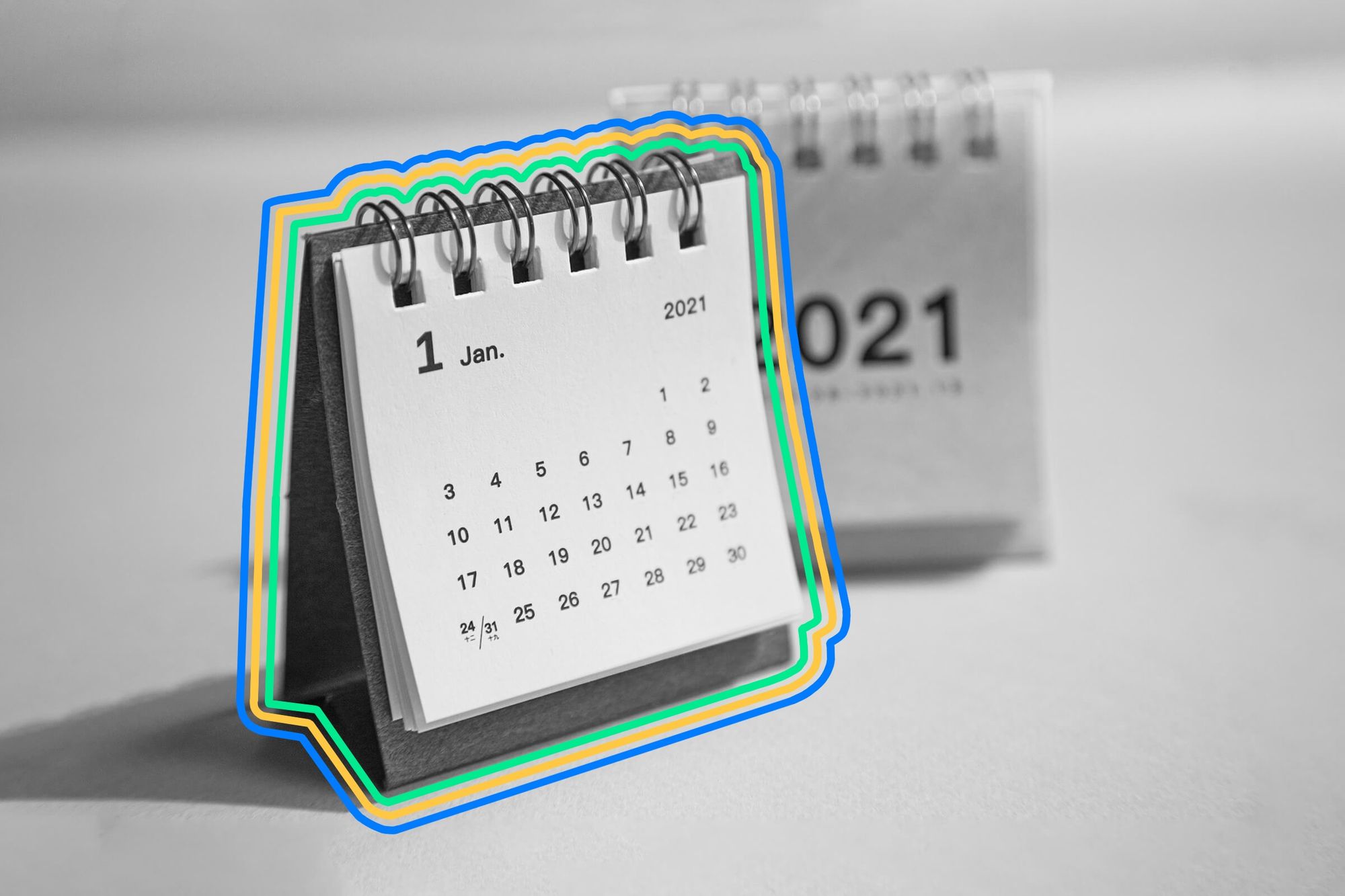
September is the most common month for birthdays in the U.S.
The most common birthday in America is September 9, and the second-most common is September 19. In fact, nine of the 10 most popular U.S. birthdays fall between September 9 and September 20 — making September the most common month for birthdays in the U.S. overall, at least based on data from 1994 to 2014. The reason for September's popularity may be fairly simple. Flipping the calendar back nine months brings us to December, when people tend to have more time off for the holidays and thus more reason to celebrate in a variety of ways. In addition to being in good company, fall babies are blessed with good fortune and/or good genes, as people born in October are far more likely to live until 100, and those born in September and November often live longer as well (although scientists still aren’t sure exactly why).
On the other end of the spectrum are the year’s biggest holidays, with December 25 being the least common birthday — in the 20 years of data compiled by data journalist Matt Stiles, there were even fewer babies born on Christmas than on February 29. Rounding out the bottom four are January 1, December 24, and July 4, respectively. One reason for this is that so many births are scheduled, either by cesarean or induced labor, and doctors generally don’t schedule births on the holidays when they may not be working. This might also shed some light on why September births are so popular, according to some — with no major holidays that month aside from Labor Day, there’s less reason for soon-to-be parents to worry about hospitals being short-staffed the way they might be on Christmas or New Year’s Day.
The next time you’re in a room with 22 other people, ask them their birthdays — there’s a 50% chance that two people in that group will share a birthday. This statistical oddity, known as both the birthday paradox and birthday problem, is shocking at first, but borne out by some math. Adding up every possible combination for everyone in the room (22+ 21 + 20 etc.) comes out to 253 chances of a shared birthday. Half of 365 is 182.5, which is to say that 253 represents well over half the number of days in a year. (Even though some birthdays are more common than others, the difference is not that great, unless you’re born on a holiday or February 29.) Increase the number of people in that room to 75 and there’s a 99.9% chance two of them will have the same birthday.

